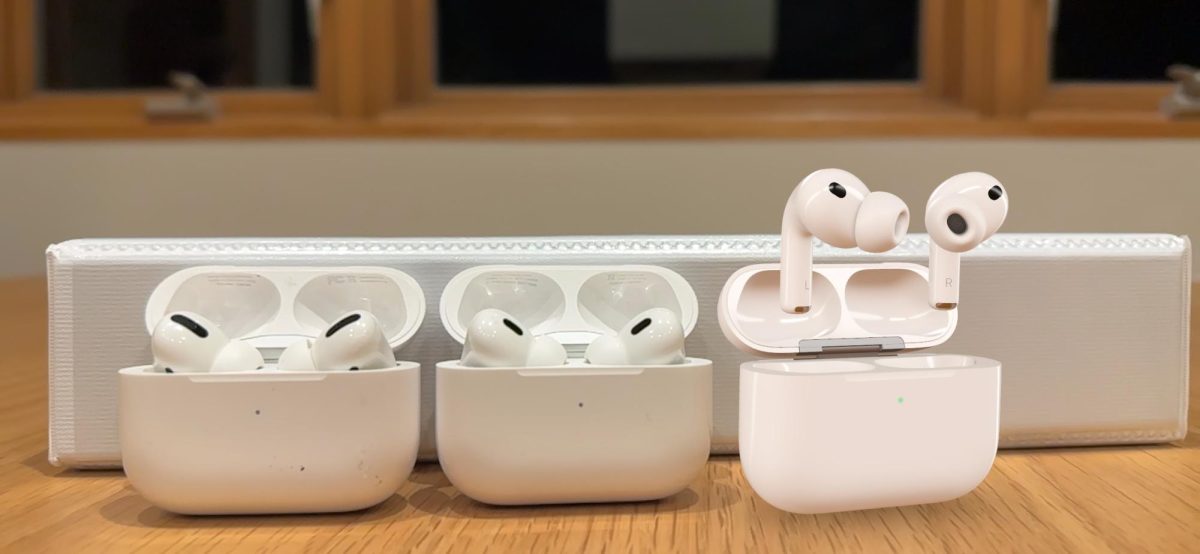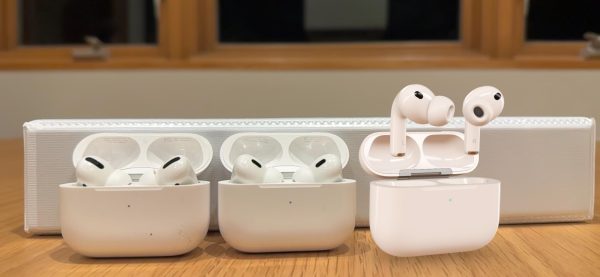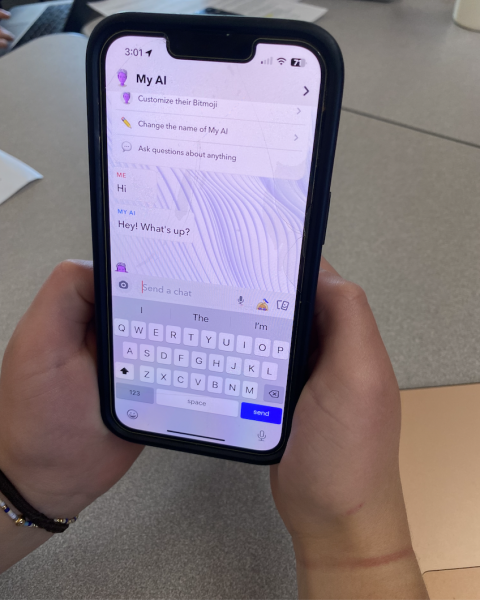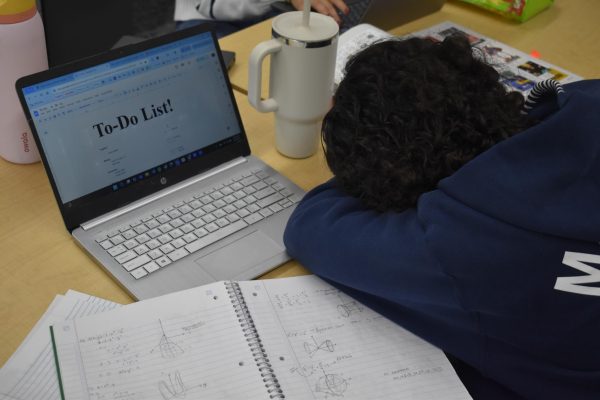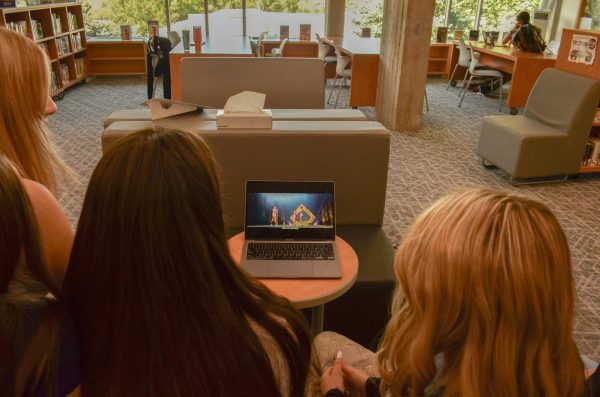Impacts of COVID-19 on Asian-Americans
Photo courtney of John Tiumacki
Members of the Asian-American Commission on the steps of the Massachusetts State House protesting the racism toward Asian-Americans as a result of COVID-19.
In the midst of the Coronavirus pandemic, Asian-Americans are forced to grapple with growing racism and xenophobia, coupled with the threat of verbal and physical assault.
Many Americans associate COVID-19 with China and other parts of Asia, blaming them for the outbreak and spread of the virus. As a result, Asian-Americans have been physically and verbally assaulted throughout the United States on the basis of their ethnicity.
On March 19th, Russell Jeung, an Asian-American studies professor at San Francisco State University, helped create a website called Stop AAPI Hate, to gather firsthand accounts of discrimination, assault, and harassment. According to a press release from the site on April 3rd, over 1,110 cases have been reported. Stop AAPI Hate found that Asian-American women are harassed twice as much as men, 6.3% of the incidents involve the youth/children, and despite quarantine, the number of discriminatory incidents remains high.
“The flood of incidents related to anti-Asian hate reflects the hostile environment that Asian Americans and Pacific Islanders face during this pandemic. The data helps us respond to specific community needs and make targeted policy recommendations. These include providing mental health resources to bullied youth and ensuring that stores provide safe access for AAPIs to their goods and services,” stated Jeung on the press release.
Many believe that President Trump has incited hate crimes toward the Asian-Americans community by referring to COVID-19 as the “Chinese Virus.” At the White House briefing on March 17th, Trump claimed that he uses the term “Chinese Virus” to combat misinformation spreading in Bejing about the American military being the source of COVID-19.
“I didn’t appreciate the fact that China was saying that our military gave it to them,” said Trump during the briefing. “I think saying that our military gave it to them creates a stigma.”
However, at a press briefing on March 18th, President Trump discarded that narrative and instead stated he uses the phrasing “because it [Coronavirus] comes from China.”
He was later asked by PBS White House correspondent, Yamiche Alcindo, to make a statement regarding a White House official using the term “Kung-Flu.” In response, Trump disregarded the question. Alcindor proceeded to ask whether the president felt his perpetual use of the “Chinese Virus” put Asian-Americans at risk.
“No, not at all. Not at all,” Trump stated. “I think they probably would agree with it 100 percent. It comes from China. There’s nothing not to agree with.”
Despite Trump’s justifications for using the term, the World Health Organization strongly advises against it. In 2015 the WHO released guidelines for naming diseases after the surge of several epidemics, pandemics, and infectious diseases. The reasoning behind this was to prevent unintentionally stigmatizing specific communities.
Dr. Keiji Fukuda, the Assistant Director-General for Health Security, spoke on the impacts of associating disease to a region.
“This may seem like a trivial issue to some, but disease names really do matter to the people who are directly affected. We’ve seen certain disease names provoke a backlash against members of particular religious or ethnic communities, create unjustified barriers to travel, commerce and trade, and trigger needless slaughtering of food animals. This can have serious consequences for peoples’ lives and livelihood,” Fukuda said.



